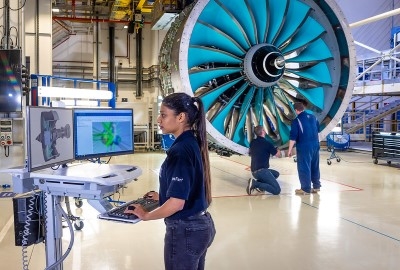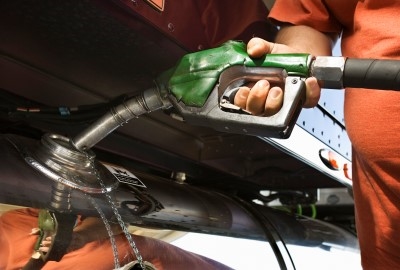Sharkskin technology helps airlines save fuel and reduce emissions
The European Union Aviation Safety Agency (EASA) has approved and certified the so-called AeroSHARK riblet film technology. This sustainability-focused technology, inspired by the skin of sharks, helps reduce fuel consumption and CO2 emissions by around 1%.

AeroSHARK, a BASF invention, is a durable bionic film that successfully mimics the fine structure of sharks’ skin and optimizes the airflow, thus enabling significant savings in fuel and carbon dioxide emissions.
InceptiveMinds reports that thanks to its special surface structure of microscopic ribs, called riblets, the AeroSHARK coating reduces the frictional resistance of the aircraft skin. For each Boeing 777-300ER, the benefits represent an annual saving of around 400 tons of fuel and more than 1,200 tons of carbon dioxide.
The first AeroSHARK-equipped Boeing 777-300ER was already flying in Switzerland, using a temporary ‘Permit-to-Fly’ certificate from the Swiss Federal Office of Civil Aviation (FOCA) that was valid for this single aircraft only. The STC now allows for serial appliance on more Boeing 777-300ER and 777F aircraft.


